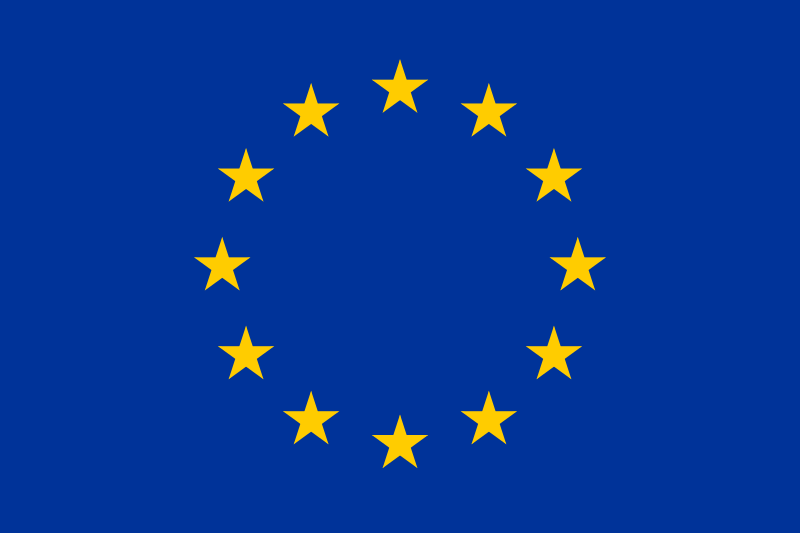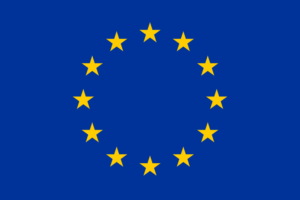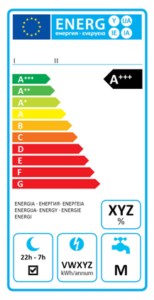Eco-labelling Threatens the Solar Thermal Industry
May 20, 2009
The European Solar Thermal Industry Federation (ESTIF) raises the alarm: “The new plans of the European Commission for energy-labelling requirements with respect to ‘dedicated water heaters’ include highly problematic testing requirements for entire systems.”
According to the latest statements from Brussels, the energy-labelling of A, B, C, D of the so called Eco-Design Directive (2005/32/EC) – which is already well-known in case of fridges and washing machines – is going to be based on a system’s test results, not on calculation when it will be implemented in the heating and hot water segment. It would be a tremendous burden on the solar thermal industry and system suppliers, because any configuration of a solar water heater with a conventional backup (gas, oil and electric) would have to be tested before receiving a label.
“This could lead to a collapse of many manufacturers, because the costs of testing could reach hundreds of thousands of Euros,” warns ESTIF. This is entirely against the intention of the directive to actually support energy-saving products like solar water heaters. There is still hope that testing methods for specific configurations could be changed to a calculation model during the on-going inter-service consultation. ESTIF asks its members – industries, as well as national associations – to keep close contact with their governments, in order to follow-up on an issue that is of the highest importance to the industry.
It hasn’t remained the only hurdle of the Eco-Design Directive. Products which want to be labelled have to be supplied by one company only, according to the directive. It would be legally impossible for pure solar thermal system suppliers to offer their products without a gas, oil or wood boiler and a heat pump when applying for a label. It represents a market barrier that excludes two-thirds of the solar thermal market players from the labelling option.
Considering all the above, there are also voices within the solar thermal industry, saying that it is better to vote for an exclusion of solar water heaters from the eco-design labelling, rather than accepting the difficult circumstances.
More information:
http://www.estif.org


